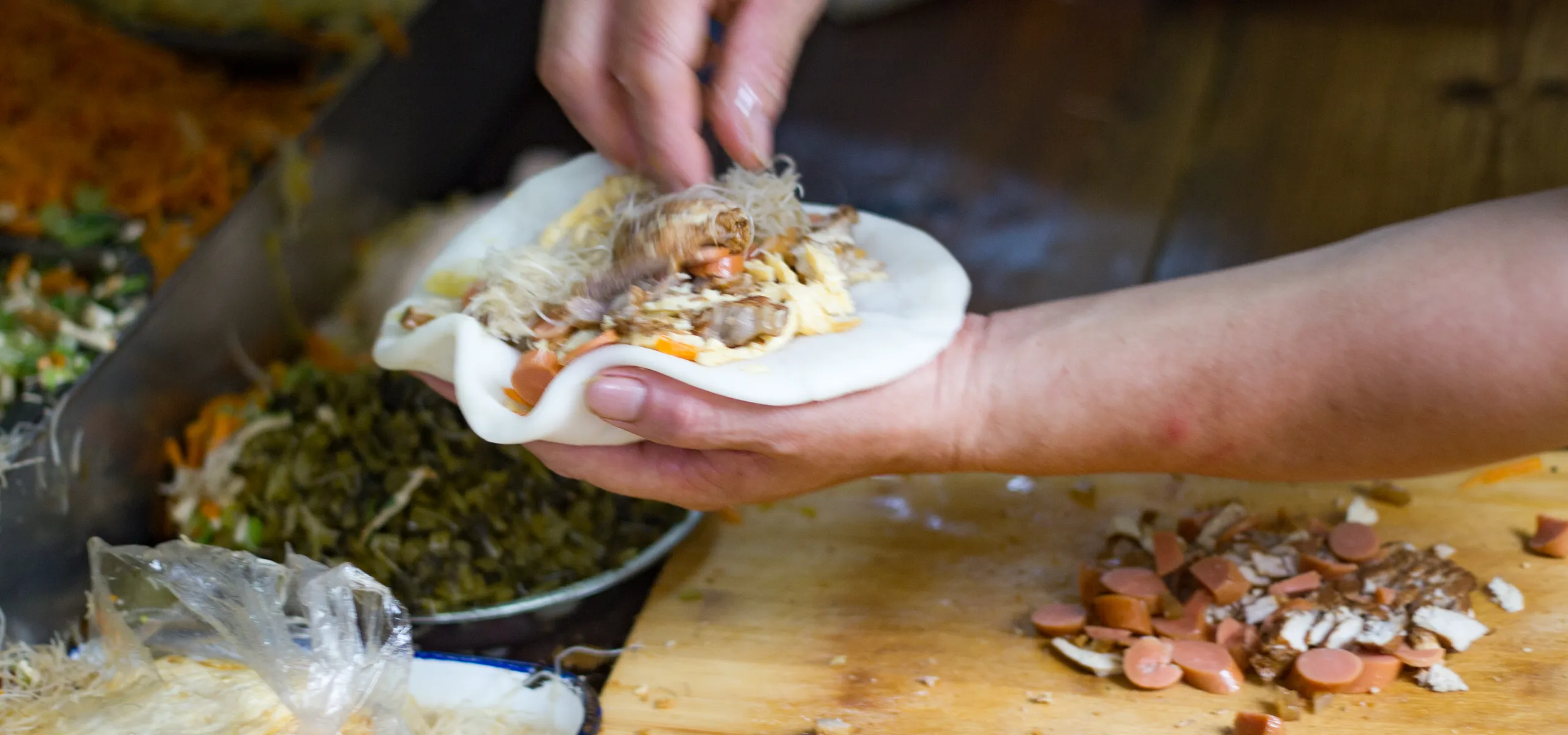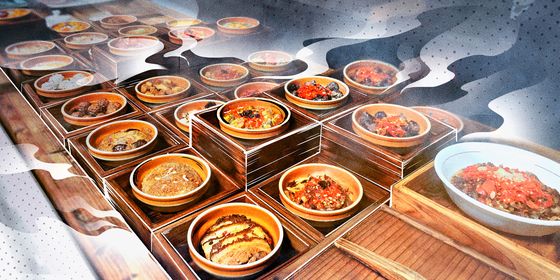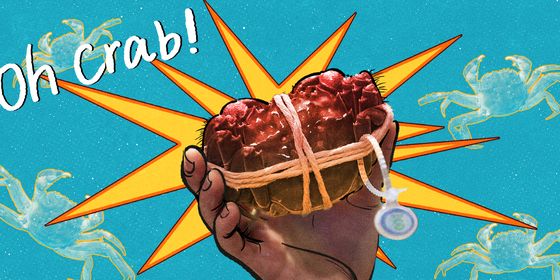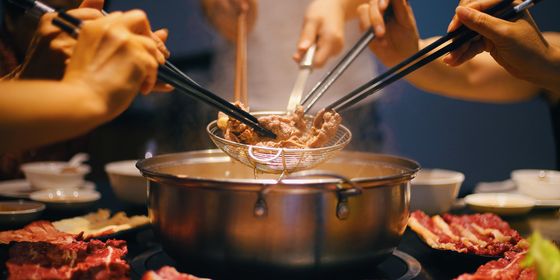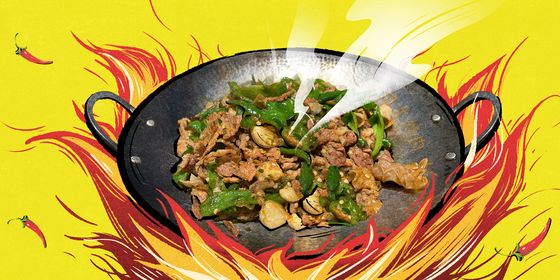Breakfast in southeastern Zhejiang province is heaven for seafood lovers
Popular imaginings of Chinese breakfast may be dominated by the steamed buns, youtiao (fried dough sticks), and hearty soups of the North, but in the southeastern province of Zhejiang, there’s far more intriguing dishes to start the day with. In Zhejiang, the taste of the sea is rarely far away, and breakfast might just be the best meal to indulge in dishes made with the freshest ingredients.
A foodie’s breakfast tour of Zhejiang should surely begin in Zhoushan, an archipelago to the east of Ningbo. For Zhoushan locals, a typical morning starts with a bowl of crisp seafood noodles. Made from rice, these noodles are thin, long, tough, almost crunchy, and can be cooked for a long time without disintegrating.
But the real stars of the Zhoushan noodle show are the super fresh seafood within. From crabs to shellfish, yellowtail fish to cuttlefish, razor clams to squid and prawns, stalls prepare the day’s catch in the early hours for customers to enjoy. The noodle soup is also part of the treat, prepared with fish heads and bones, to make a delicious and nutritious broth.





